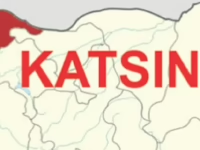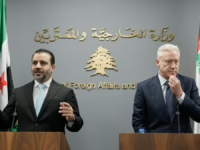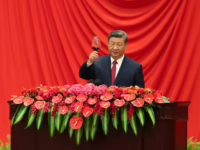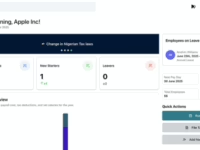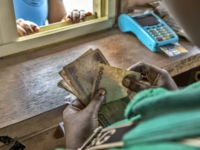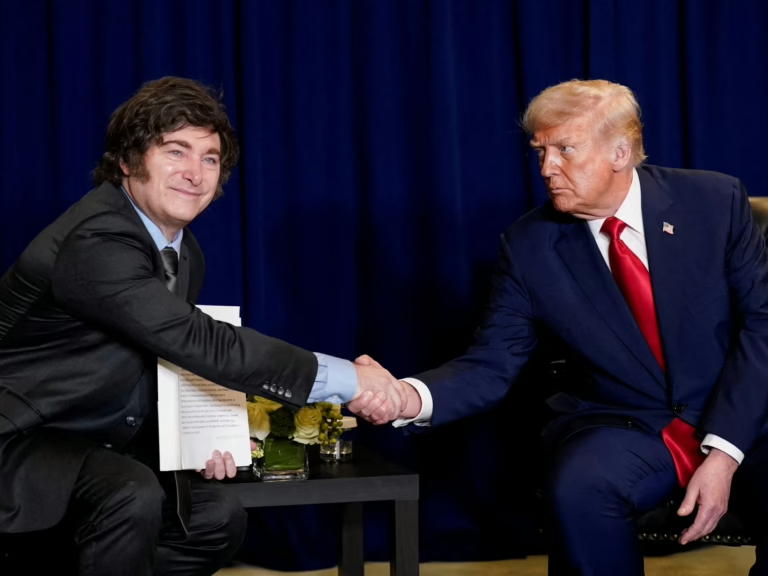Argentina’s conservative leader Milei, a staunch supporter of former President Trump, confronts a pivotal midterm vote this October.
Published On 9 Oct 2025
The Trump administration has taken a significant step to stabilize Argentina’s fragile economy by acquiring Argentinian pesos and establishing a $20 billion currency swap agreement with Argentina’s central bank. This initiative aims to bolster the South American nation’s financial resilience amid mounting economic challenges.
Announcing the arrangement on X, Treasury Secretary Scott Bessent emphasized, “Argentina is confronting a severe liquidity crisis. The global community-including the International Monetary Fund-supports Argentina’s disciplined fiscal approach, but only the United States can respond with the necessary speed. And we intend to do just that.”
Bessent’s remarks followed intensive discussions with Argentina’s Treasury Minister Luis Caputo, who publicly expressed his sincere appreciation for the US support via social media shortly after the deal was confirmed.
This financial backing arrives as Argentina’s right-wing President Javier Milei, known for his close ties to Trump, grapples with volatile market conditions. In late September, Argentine bond values plummeted sharply as investors reacted to the central bank’s rapid depletion of its limited foreign currency reserves in an effort to stabilize the peso.
In early October, the peso experienced a dramatic one-day decline exceeding 6 percent-the steepest since early September-prompting the government to intervene by selling additional dollars in the spot market to arrest the currency’s slide.
Although the Trump administration maintains that this currency swap is not a bailout, critics-including US agricultural producers and Democratic lawmakers-argue it effectively serves as one. They contend the deal favors Argentina, a major soy exporter to China, at the expense of American farmers.
In response, a coalition of Democratic senators introduced the No Argentina Bailout Act shortly after the announcement. This legislation seeks to prohibit the Treasury Department from utilizing its Exchange Stabilization Fund to aid Argentina.
Democratic Senator Elizabeth Warren condemned the move, stating, “It’s baffling that President Trump is supporting a foreign government while neglecting our own. He pledged ‘America First,’ yet he prioritizes himself and his wealthy associates, leaving American taxpayers to foot the bill.”
Milei, once an unconventional political figure, achieved an unexpected victory in the 2023 elections by pledging to curb rampant inflation and restore economic stability. Trump, sharing libertarian ideals, has previously hailed Milei as his “favorite president.”
According to Andres Abadia, chief Latin America economist at Pantheon Macroeconomics, US financial assistance has provided Milei with a temporary reprieve. “This lifeline offers some breathing room but is far from a cure-all,” Abadia told Al Jazeera. He warned that inflationary pressures remain a significant threat and cautioned, “Should Milei falter in the upcoming October elections, the resulting political and financial turmoil would resurface swiftly.”
“Such an outcome would be highly detrimental to Milei’s administration,” Abadia added.
Argentina’s midterm elections are slated for October 26, a critical juncture that could reshape the country’s political and economic trajectory.




